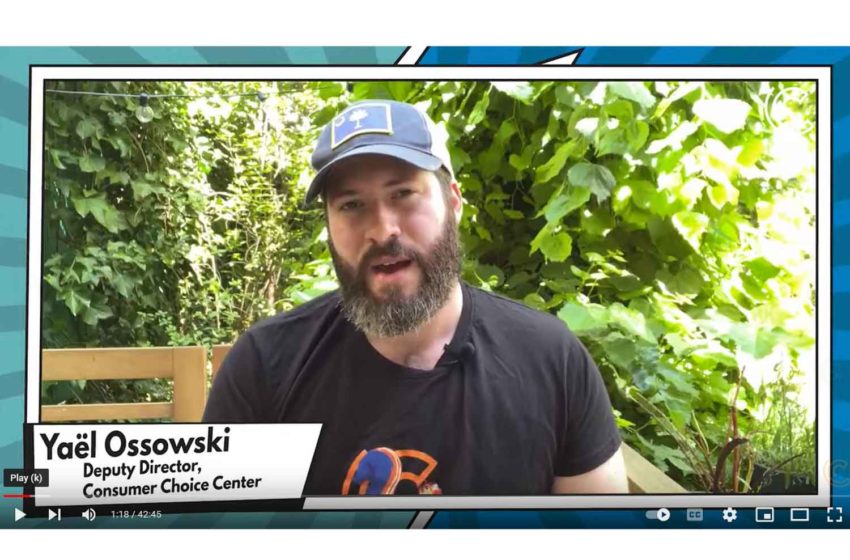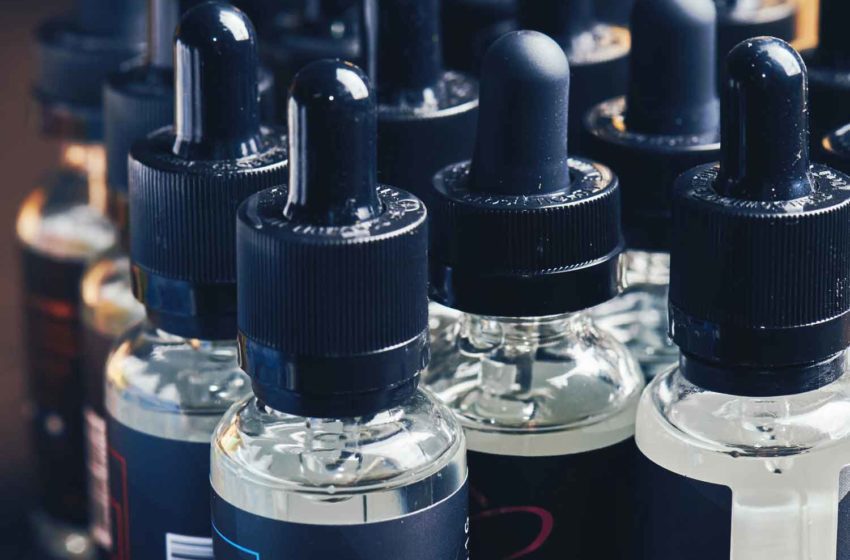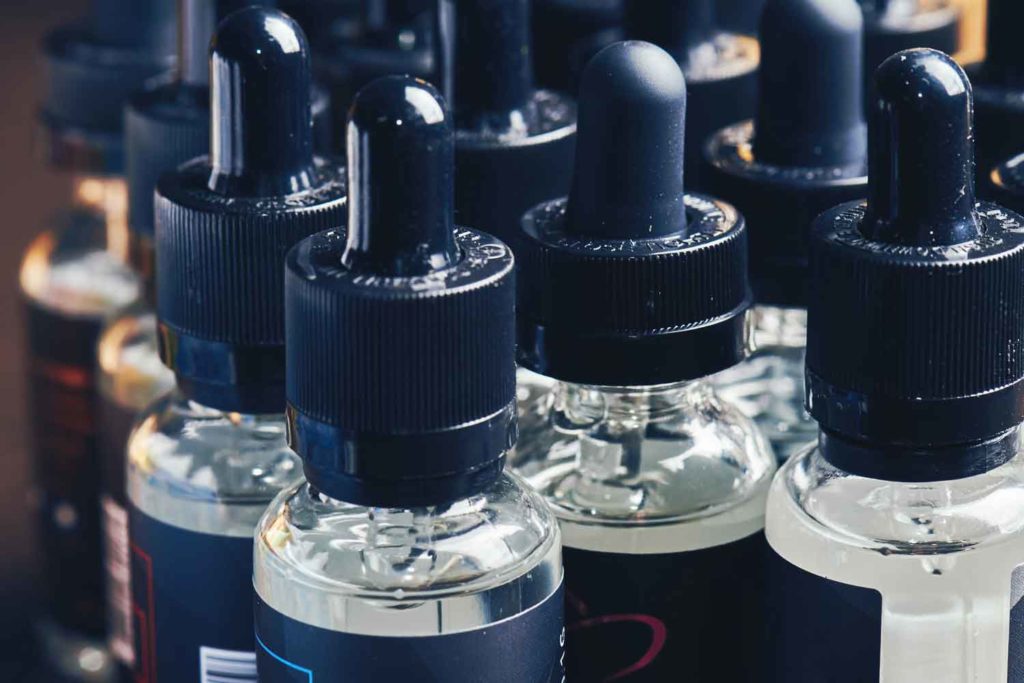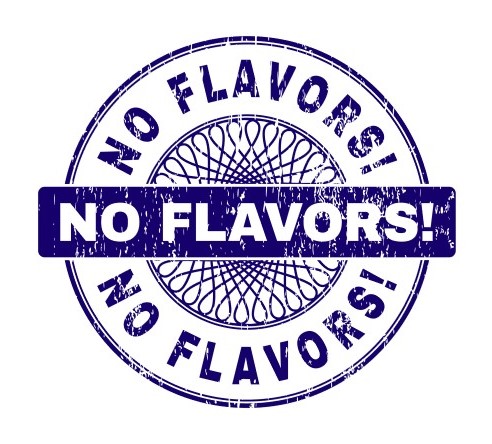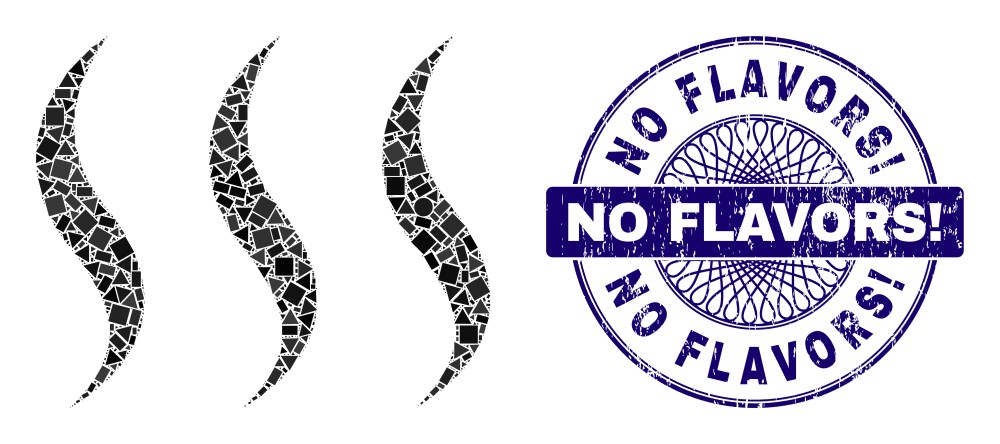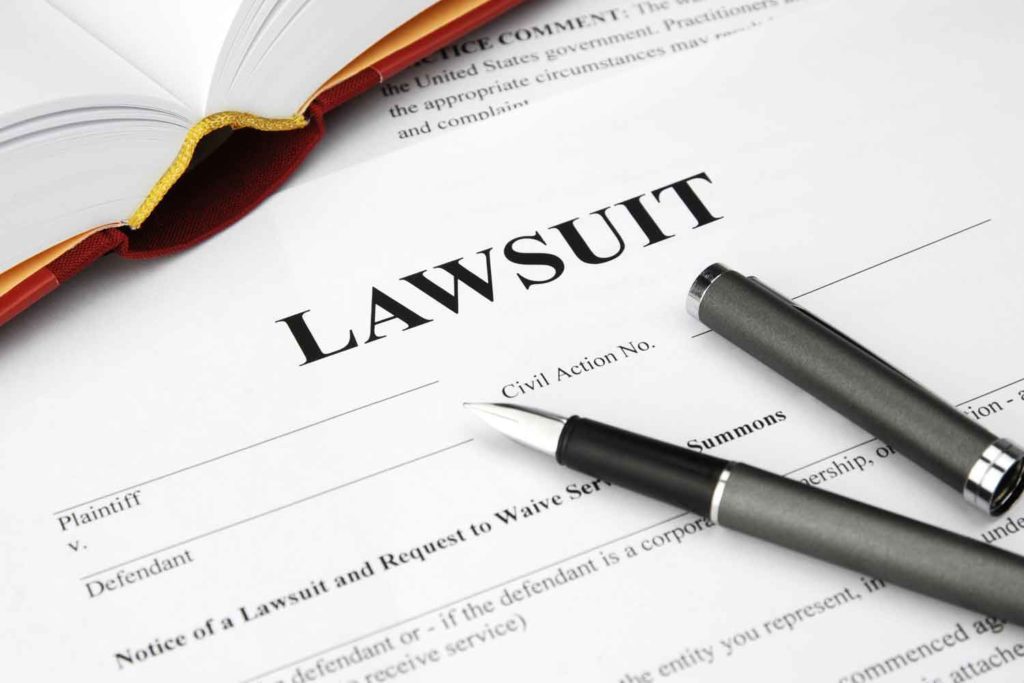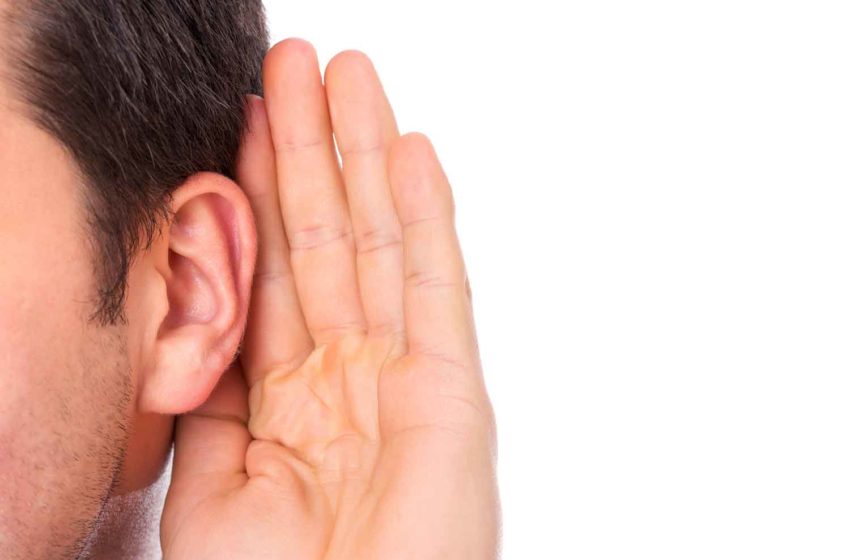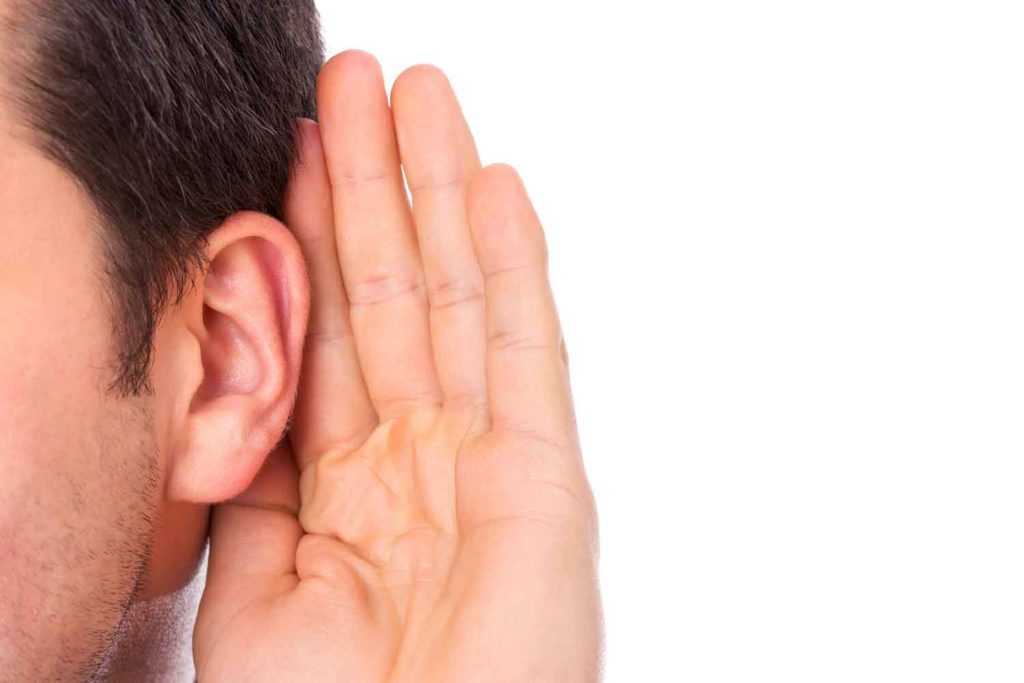The FDA has taken a major step toward banning menthol cigarettes in the U.S., but there’s still a long way to go.
TR Staff Report
It’s hard to overstate the significance of the U.S. Food and Drug Administration’s plan, announced on April 28, to ban menthol cigarettes in the United States. While authorities have banned menthol cigarettes in other jurisdictions, such as Brazil (2012), Canada (2017) and the European Union (2020), the impact of those measures was less severe because relatively small shares of smokers preferred menthol cigarettes in those markets. In the U.S., by contrast, menthol products accounted for a whopping 37 percent of all cigarette sales in 2020, according to Statista.
Public health advocates dislike menthol because it reduces the irritation and harshness of smoking, which makes it easier for consumers to take up the habit. According to the FDA, menthol also interacts with nicotine in the brain to enhance nicotine’s addictive effects. “The combination of menthol’s flavor, sensory effects and interaction with nicotine in the brain increases the likelihood that youth who start using menthol cigarettes will progress to regular use,” the agency writes on its website. “Menthol also makes it more difficult for people to quit smoking.”
Unlike in other markets, the debate about menthol cigarettes in the U.S. is also about racial disparities. According to the FDA, nearly 85 percent of African Americans smoke menthol cigarettes compared to 30 percent of white smokers who smoke menthols—a situation industry critics attribute to decades of “predatory marketing” of menthol cigarettes to Black communities.
“By issuing proposed rules today to prohibit menthol cigarettes and all flavored cigars, the FDA is taking historic and long-overdue action to protect our nation’s kids, advance health equity and save lives, especially among Black Americans and other populations that have been targeted by the tobacco industry and suffered enormous harm from the predatory marketing of these products,” said Matthew L. Myers, president of the Campaign for Tobacco-Free Kids.
The FDA expects its menthol ban to reduce the appeal of cigarettes and reduce deaths and disease among current menthol smokers by decreasing cigarette consumption and increasing the likelihood of cessation. “Published modeling studies have estimated a 15 percent reduction in smoking within 40 years if menthol cigarettes were no longer available in the United States,” the agency writes. “These studies also estimate that 324,000 to 654,000 smoking attributable deaths overall (92,000 to 238,000 among African Americans) would be avoided over the course of 40 years.”
Not everybody is convinced a menthol ban would achieve the desired health effects, however. “We strongly believe that there are more effective routes to deliver tobacco harm reduction than banning menthol in cigarettes,” said BAT Chief Marketing Officer Kingsley Wheaton in a statement. “Evidence from other markets, including Canada and the EU where similar bans have been imposed, demonstrates little impact on overall cigarette consumption.
“The scientific evidence shows no difference in the health risks associated with menthol cigarettes compared to nonmenthol cigarettes, nor does it support that menthol cigarettes adversely affect initiation, dependence or cessation. As a result, we do not believe the published science supports regulating menthol cigarettes differently from nonmenthol cigarettes,” said Wheaton.
Guy Bentley, director of consumer freedom at the Reason Foundation, says supporters of menthol prohibition have been disappointed by lackluster results in other jurisdictions that have banned the products. “The most common result of menthol prohibition has been for the majority of menthol smokers to switch to equally dangerous nonmenthol cigarettes, continue to buy illicit menthol or use devices to flavor nonmenthol cigarettes,” Bentley wrote on the Reason Foundation’s website.
Morgan Stanley expects most American smokers to switch to nonmenthol cigarettes, obtain their mentholated cigarettes illicitly or switch to mentholated vapor products in the wake of a menthol ban. In addition, the investment bank predicts that consumers may “self-mentholate.” This practice would be legal, and menthol is readily available for purchase online on platforms such as Amazon.
According to Morgan Stanley, menthol bans in Europe and Canada did not have a measurable impact on the cigarette market, though the category was significantly smaller. “The impact in Europe was moderate because it was less aggressive in enforcing menthol rules, had loophole clauses (e.g., menthol filters), a low menthol smoker population (about 5 percent), and [it] did not skew toward a certain demographic group like it does in the U.S.,” the bank wrote in a note to investors. “The most significant impact was in Poland (about 25 percent menthol [smokers]), which saw a rise in illicit trade from neighboring countries.”
However, a study of Canada’s experience, published in Tobacco Control, noted that among daily smokers, menthol cigarette smokers were more likely than nonmenthol smokers to have quit smoking in the wake of that country’s menthol ban. If the United States’ experience mirrors that of Canada after it banned menthol cigarettes, 1.3 million people would quit smoking, and potentially hundreds of thousands of premature deaths could be averted, Geoffrey Fong, principal investigator of the International Tobacco Control Policy Evaluation Project, was quoted as saying by The New York Times.
Regardless of its impact on public health, a U.S. menthol ban would considerably impact the operations of tobacco manufacturers operating in that country. According to Morgan Stanley, BAT is most exposed to the category, with menthol cigarettes representing 55 percent of U.S. volumes and 60 percent of U.S. profits (and about 30 percent of group profits). The investment bank estimates that menthol represents 19.5 percent of volumes and 15 percent of profits for Altria group.
While the FDA’s April 28 announcement is significant, Goldman Sachs notes that there is still a long way to go for the plan to become reality. The agency must still take multiple steps before it can issue and implement a final rule, starting with a 60-day public comment period, which ends on July 5. After that, the Office of Management and Budget must review the proposed rule to ensure the FDA adequately addresses all public concerns, including unintended consequences, followed by a statutory delay of between one year and two years before implementation. Legal challenges could delay the ban even further. “Ultimately, it is a complex and lengthy process that, based on precedent, could likely take several years to be successfully implemented, if at all,” wrote Goldman Sachs in a note to investors.
Expect tobacco companies to generously share their views during the comment period. “We are reviewing the details of the proposed regulations and will continue to actively participate in the rulemaking process by submitting science-based comments to FDA,” said Wheaton.

